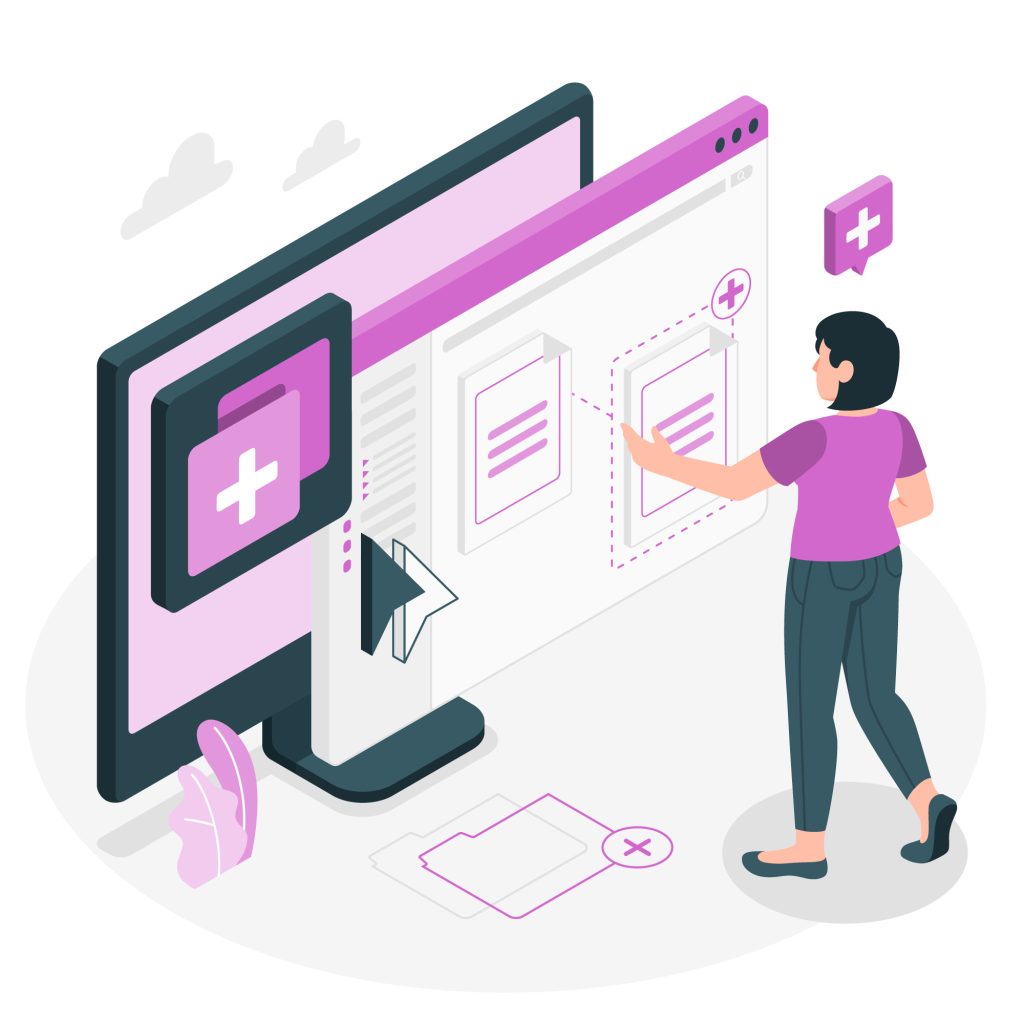A Deep Dive into Hospital Billing Services and Software to Choose
Hospital billing is a complicated and essential activity in the American healthcare industry. It entails producing claims for services rendered to the patients, filing claims with the insurance companies (public and private), follow-up on the unreimbursed claims, and finally receiving reimbursement for the services delivered. Proper hospital billing ensures financial sustainability, enabling hospitals to continue with the quality delivery of patient care. This article discusses the complexity of hospital billing services and the software technology involved.

The Complexities Entailed in Hospital Billing
Hospital billing is far more than just mailing a bill. It involves a series of activities, such as:
- Patient Registration and Data Capture: Patient demographics, insurance, and history are essential to ensure clean claims are sent. Mistakes at this level would result in delays and denial of payments.
- Charge Capture and Coding: Medical procedures and diagnoses receive certain codes, such as ICD-10, CPT, and HCPCS. These codes are used to determine correct reimbursement for billed services. Precision in proper coding is of maximum importance, and improper coding may result in underpayment or denial of claims.
- Claim Submissions: Claims are generally filed to insurance payers electronically through clearinghouses. The clearinghouses serve as buffers, guaranteeing claims are submitted in the appropriate format and conveyed securely.
- Payment Posting and Reconciliation: After receiving payment, it is important that the payment is posted to the patient’s account and reconciled with the original claim. This process aids in finding discrepancies and ensuring correct accounting.
- Denial Management: Insurance companies often deny claims because of coding errors, lack of pre-authorization, or incomplete information. Effective denial management involves denial review, identification of the reason, and resubmission of the corrected claim.
- The Appeals Process: In case the claim is denied, the hospitals have the right to appeal the denial. This is a process that requires good documentation and a clear understanding of payer policies.
- Patient Billing: The majority of patients are expected to pay some portion of their physician fees, i.e., deductible, co-payment, and co-insurance. Patient statements would need to be generated and remittances thus received by hospital billing.
- Reporting and Analytics: Hospitals use billing information to track key performance measures (KPIs) such as claim denial rates, average days in accounts receivable, and overall revenue cycle performance. These measures are used to identify areas for improvement and automate the billing process.
Hospital Billing Software: The technological foundation:
Contemporary hospital billing is based on advanced software solutions. Such systems undertake most of the operations that were earlier done manually, enhancing efficiency and accuracy. Some of the key features of hospital billing software are:
Electronic Health Records (EHR) integration provides a smooth interface with EHR systems that allow the patient data to be transferred automatically. This feature minimizes data entry errors and automates the billing process.
Coding and Charge Capture Tools: Numerous software packages include coding-supportive functionalities such as auto-coding suggestions and built-in coding libraries.
Claims Management: Program facilitates electronic filing, tracking, and denial management of claims. It is also capable of providing reports on claim status and payer performance.
Payment Posting and Reconciliation: Payment posting and reconciliation functionalities are automated to provide accurate accounting and minimize manual effort.
Denial Management and Appeals Tracking: Software offers tools to review denials, monitor appeals, and oversee the entire appeals process.
Patient Billing and Collections: Software creates patient statements, processes payments, and tracks collections.
Reporting and Analytics: Strong reporting and analytics solutions give insights to revenue cycle performance so that the hospitals can assess where they should improve.
Top 7 Hospital Billing Software Solutions
Epic: An extensive EHR system with strong billing functions. Typically used by large health systems.
Cerner: Another popular EHR with in-built billing functionalities for hospitals of different sizes.
Meditech: Provides EHR and billing solutions appropriate for various healthcare environments, such as small hospitals and clinics.
Allscripts: Provides a complete range of healthcare IT solutions, including practice management and billing software.
Athenahealth: EHR, practice management, and billing functionality from a web-based solution that’s commonly used among smaller groups and ambulatory settings.
AdvancedMD: Cloud-based practice management and billing solution with EHR for ambulatory practices and small healthcare organizations.
CollaborateMD: Offers cloud-based medical billing software that is meant to simplify revenue cycle management for practices of all sizes.
Choosing the Right Solution:
Selecting the right hospital billing software or service is an important decision. Hospitals should consider the following points:
- Scalability: The solution should be able to accommodate the hospital’s existing and future requirements.
- Integration Capabilities: Easy integration with existing EHR and other systems is essential.
- Customization: The software must be customizable to meet the hospital’s specific requirements.
- Vendor Support and Reputation: Select a reliable vendor with an established track record and excellent customer support.
- Cost: Look at the overall cost of ownership, including implementation, support, and maintenance charges.
How Right Medical Billing LLC Assists Hospitals, Freestanding ERs, and Urgent Care:
Right Medical Billing LLC understands the unique requirements of hospitals, freestanding emergency departments, and urgent care facilities. We offer end-to-end medical billing and software solutions that are uniquely designed to meet these requirements. These include:
- Revenue Cycle Management (RCM): We oversee the entire revenue cycle, from patient registration to payment receipt, with maximum reimbursement and minimum denials.
- Coding and Billing Competencies: Our certified coders and billing specialists provide precise coding and timely claims filing to avoid denials.
- Denial Management and Appeals: We aggressively pursue denied claims, thus ensuring maximum payment and optimizing your total financial performance.
- We are dedicated to HIPAA rule compliance and to the protection of patient data.
- State-of-the-Art Technology: We utilize the newest billing software to streamline processes and maximize efficiency.
- Personalized Solutions: Our solutions are designed to address the unique needs of every client, thus offering personalized advice and highest revenue generation.
- Call us now to find out more about how Right Medical Billing LLC can help your Hospital, Freestanding ER, or Urgent Care be successful.
Contact Information for Hospital Billing and Software Services:



